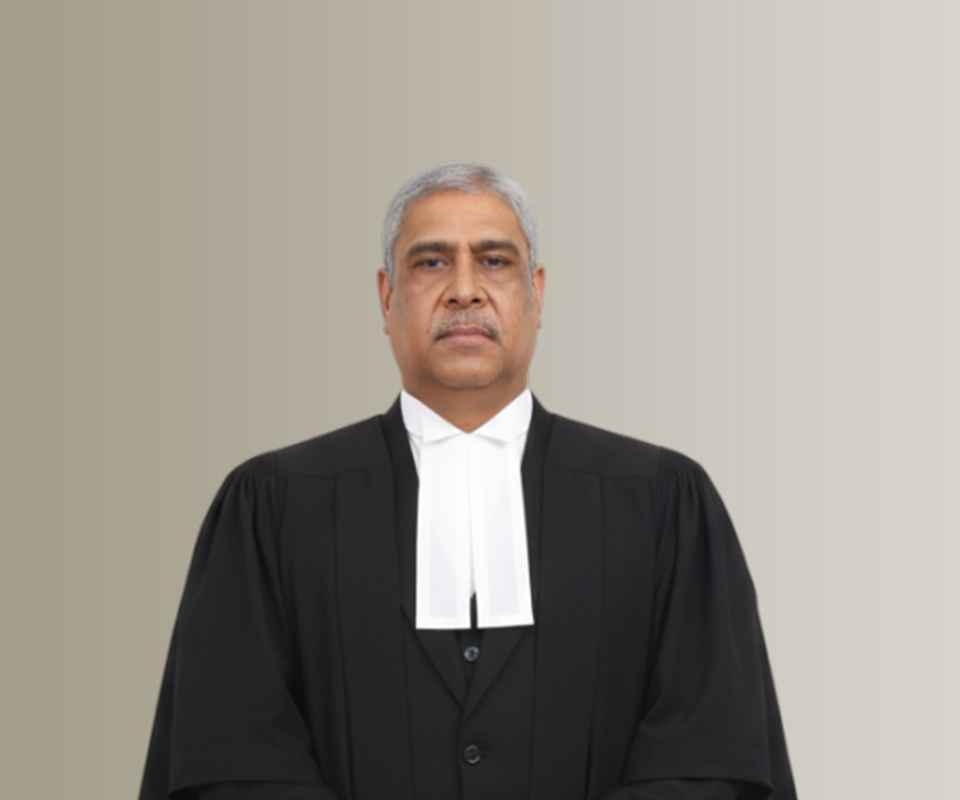Answer By law4u team
In India, the division of savings, investments, and other financial assets during a divorce depends on several factors, including the nature of the assets, the contributions of both spouses, and the laws governing divorce and property division. The court aims to divide the assets in a fair and equitable manner, though not necessarily equally. Here's an overview of how savings and investments are typically divided after a divorce:
1. Types of Financial Assets Considered
The division of savings and investments may involve the following types of assets:
- Bank Savings: Savings accounts, fixed deposits, and other types of liquid funds.
- Investments: Stocks, bonds, mutual funds, and other securities or financial instruments.
- Retirement Funds: Provident Fund (PF), pension funds, and any retirement savings.
- Real Estate Investments: Properties acquired during the marriage, whether in the form of land, residential property, or other real estate.
- Business Interests: If one or both spouses own a business, the court will also consider the value of business assets and investments made into the business during the marriage.
2. Legal Framework for Dividing Assets in India
In India, the division of assets is generally governed by the following laws:
- Hindu Marriage Act, 1955 (for Hindus, Sikhs, Jains, and Buddhists): The division of property in a divorce is not automatically provided for, but courts can divide property based on factors like joint ownership and the contribution of both parties.
- Special Marriage Act, 1954 (for interfaith marriages or those not governed by religious laws): This Act allows for the division of property based on the contribution of both parties.
- Indian Divorce Act, 1869 (for Christians): While this Act doesn’t directly provide for property division, the court can issue orders related to maintenance and alimony, which may indirectly impact financial assets.
- Muslim Women (Protection of Rights on Divorce) Act, 1986: In case of a Muslim divorce, the husband is required to pay mahr (a form of financial settlement) and maintenance but is not typically required to divide assets.
3. Factors Considered by Courts
When dividing savings and investments during a divorce, Indian courts consider several important factors:
- Contributions of Both Spouses: Courts take into account both financial and non-financial contributions made by each spouse during the marriage. This includes direct financial contributions (e.g., salary, investments) as well as indirect contributions (e.g., homemaking, raising children).
- Nature of the Property: Whether the asset was acquired before or during the marriage is a crucial factor. Assets acquired during the marriage are more likely to be considered as marital property, while assets acquired before the marriage may be considered as individual property unless they have been co-mingled or used jointly.
- Duration of the Marriage: The length of the marriage can influence the division. In long marriages, assets and savings accumulated over time are more likely to be divided equally or equitably, while in short marriages, the division may be more closely linked to the individual contributions of each spouse.
- Financial Needs and Future Prospects: Courts also consider the financial needs of both parties after divorce. For example, if one spouse has a lower income or is the primary caregiver for children, they may receive a larger share of the assets or savings to ensure financial stability.
- Child Custody: If children are involved, the court may also consider the custody arrangement when dividing assets. The spouse who is awarded primary custody may receive a larger share of the assets to ensure the children’s welfare and upbringing.
- Maintenance and Alimony: In addition to asset division, the court may order alimony or maintenance to be paid by one spouse to the other, especially if one spouse has a significantly higher income. This may be taken into account when dividing other financial assets.
4. Types of Asset Division
- Equitable Distribution: Indian courts typically follow the principle of equitable distribution rather than equal distribution. This means that the assets are divided fairly, but not necessarily equally, based on the circumstances and contributions of both spouses. The aim is to ensure fairness in the division.
- Jointly Owned Assets: If savings, investments, or property are jointly owned by both spouses, they will typically be divided in proportion to each party’s contribution to acquiring or maintaining the asset. The court will examine the purchase history, the source of funds, and who contributed to the growth of the investment.
- Personal Assets: Assets that were acquired by a spouse before the marriage or gifted to one spouse during the marriage may remain their personal property. However, if the asset has been used jointly or the other spouse has contributed to its appreciation, it may still be subject to division.
- Order for Sale or Transfer: In cases where there is disagreement over how to divide a specific asset (e.g., real estate), the court may order that the asset be sold and the proceeds divided, or that one spouse transfers their share of the asset to the other spouse.
5. Example
Suppose a couple has accumulated savings in a joint bank account, and both spouses have contributed towards mutual investments in the stock market during their marriage. In the divorce proceedings, the court may divide these joint assets based on the length of the marriage, the financial contributions of both parties, and other relevant factors, such as whether either spouse has a greater financial need.
If one spouse brought substantial personal assets into the marriage, such as a family-owned business or inherited wealth, the court may award them full ownership of these assets, while dividing the joint assets more equally.
6. Steps to Ensure Fair Division
- Maintain Records: Ensure that all financial records, including bank statements, investment details, property documents, and tax filings, are properly documented. This can be crucial in proving your contributions to the assets.
- Financial Disclosure: Both spouses are required to disclose all their financial assets and liabilities during divorce proceedings. Failure to disclose assets can result in penalties or an unjust division.
- Consult a Financial Expert: In cases involving significant investments, business interests, or complex financial assets, it may be useful to consult a financial expert or valuation expert to accurately assess the value of the assets and investments.
Conclusion
In divorce proceedings, the division of savings and investments in India is guided by principles of equitable distribution, taking into account factors such as the nature of the assets, both spouses' contributions, financial needs, and child custody arrangements. While equal division is not always mandated, the goal is to achieve a fair and reasonable outcome. Each case is unique, and it’s important to work with legal and financial experts to ensure that the division is done in a just and transparent manner.







